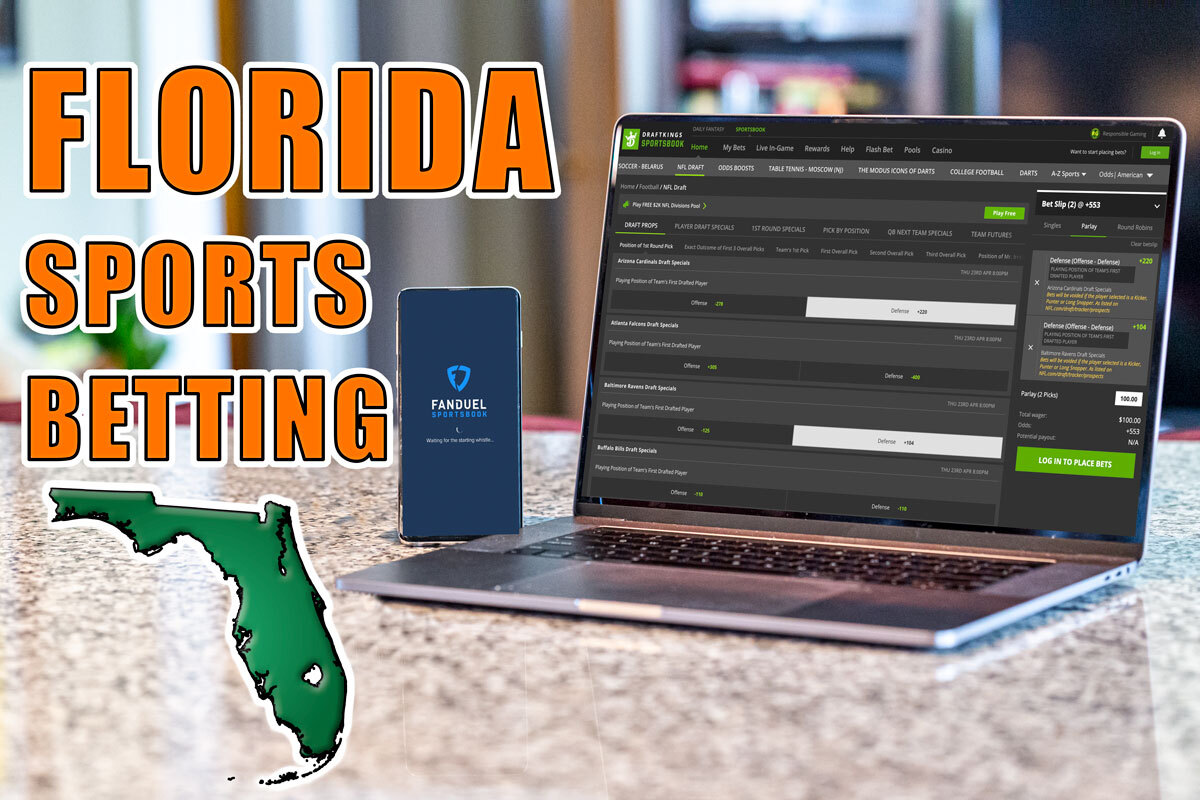
Florida’s potential gaming compact will not allow sports betting until at least October 15
House of Representative’s Speaker Chris Sprowls kicked off Florida’s special legislative session on gaming with news that Florida’s gaming compact would not include online casino gaming and would prohibit sports betting until Oct. 15.
Sprowls said the state and the Seminole Tribe agreed to the amendments to satisfy concerns of lawmakers over online casino gaming. The Senate Appropriations Committee approved the gaming compact and its amendments later in the day.
No Florida sports betting until at least Oct. 15
The decision to not include online casino gaming in the compact does not preclude the Seminole Tribe from potentially offering Florida online sports betting to state residents. However, in-person or online sports betting would not begin until at least Oct. 15 under the amendments to the gaming compact to allow the Seminole Tribe to ensure that proper safeguards are in place for state gamblers, Sprowls said.
Sprowls noted the special legislation session would likely be concluded by Wednesday, May 19, with the gaming compact being decided by a simple yes-or-no vote. The 30-year gaming compact will bring an estimated $6 billion to the Sunshine State over the next 30 years and officially legalize sports betting for Florida gamblers.
The deal is estimated to provide $2.5 billion to the state in the first 5 years alone, with annual payments of at least $500 million.
The special legislation session is leading to a final vote on Wednesday, but if the compact is approved it is not likely to be the end of the line for the document. As reported earlier, it faces an uphill legal battle on several fronts.
If approved, the gaming compact would be sent to Washington, D.C., for review by the Office of Indian Gaming and approval from the U.S. Department of the Interior. Questions remain for several details in the compact in accordance with Indian Gaming Regulatory Act (IGRA), namely the potential legality of online sports betting with servers housed on tribal land.
IGRA requires all sports betting to take place on Tribal land, but a U.S. Ninth Circuit Court of Appeals ruled the location of the online bet is where the bettor places the wager, not where the servers that receive the bet are located.
Jim Allen, CEO of Seminole Gaming, said multiple times Monday that the Seminole Tribe believes the Office of Indian Gaming and the U.S. Department of the Interior would uphold the compact’s views on online sports betting. He did say there could be potentially scenario where online sports betting was stricken from the compact after being denied by the federal government and only in-person sports betting would be allowed, but it would be detrimental to sports betting profits as the majority is historically derived from online sports betting.
Allen noted the tribe has already discussed working with major sportsbook operators in Florida such as DraftKings, FanDuel and Barstool Sportsbook.
“The tribe is 100% interested and willing to create a business relationship with those companies whether it be through the parimutuels or directly,” Allen said on Monday.
A blow to Daily Fantasy Sports contests
There are several other gaming bills being discussed in the special session, but the gaming compact will receive final consideration and will obviously hold the most weight.
Two such bills being discussed would have widespread implications on current Daily Fantasy Sports (DFS) contests in the state. House Bill 11A and House Bill 9A were both advanced by committees on Monday and would install heavy roadblocks on current fantasy contest operations. House Bill 11A would set DFS licenses at $1 million, currently 10 times more expensive than any license price in the country, and House Bill 9A would require at least seven athletes in five different events in contests.
The Fantasy Sports and Gaming Association released a statement today decrying the bills.
While the FSGA appreciates many of the consumer protection measures that are included in these bills, and has advocated for a law in Florida that confirms the legality of fantasy sports, the FSGA cannot support these bills without significant improvements.
Robert is an expert on sports betting in the United States, specifically the legalization process and regulation surrounding the industry.







